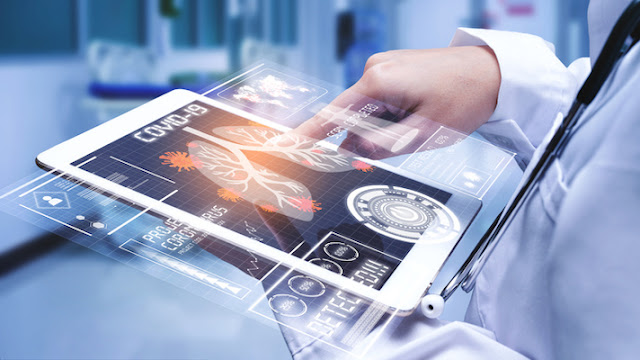The Future of Care Coordination: Enhancing Healthcare Together
The Future of Care Coordination: Enhancing Healthcare Together Welcome to 2chealth.com , where we explore the latest trends and advancements in healthcare. Today, we delve into an important topic shaping healthcare's future: care coordination. In this article, we will discuss how care coordination is evolving and transforming the healthcare landscape. We'll explore the benefits it offers, the challenges it addresses, and the technologies driving this exciting change. Join us as we embark on a journey to discover how care coordination is revolutionizing the way we deliver and experience healthcare. The Importance of Care Coordination In a world where healthcare is becoming increasingly complex and interconnected, care coordination plays a vital role. It involves orchestrating and integrating healthcare services across multiple providers and settings to ensure seamless and patient-centered care. Effective care coordination enhances communication, collaboration, and continuity,...
.jpeg)

.jpeg)